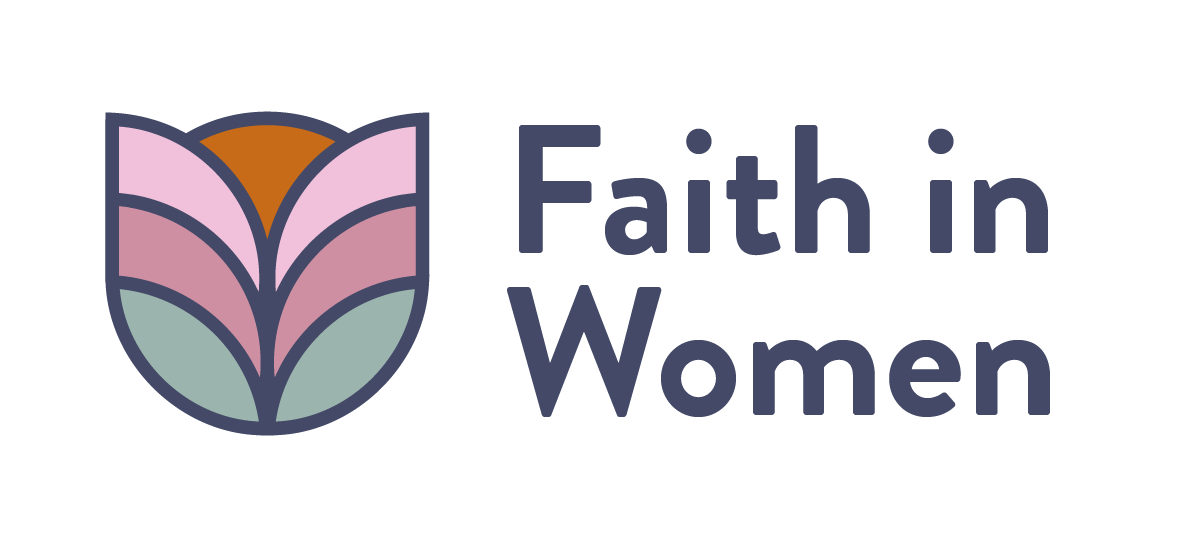We yearn for a world where every person lives with dignity, health, and joy — where no one lives in fear of violence in their home or out in the world. In  recognition of Domestic Violence Awareness month, we will be shining a light on the realities of gender-based violence and sharing resources for survivors and advocates.
recognition of Domestic Violence Awareness month, we will be shining a light on the realities of gender-based violence and sharing resources for survivors and advocates.
What is gender-based violence?
Sometimes we conflate the terms “domestic violence” and “gender-based violence,” but they actually aren’t the same thing.
Domestic violence or intimate partner violence “is a pattern of behaviors used by one partner to maintain power and control over another partner in an intimate relationship.” National Domestic Violence Hotline
Gender-based violence (GBV) “refers to any act that is perpetrated against a person’s will and is based on gender norms and unequal power relationships.” United Nations Refugee Agency
While domestic violence refers to abuse occurring within intimate relationships, gender-based violence can take place regardless of relationship status. GBV can take many forms, including:
- Reproductive coercion, including contraceptive sabotage and forced pregnancy
- Mental and emotional abuse
- Social abuse, including excessive jealousy
- Stalking
- Sexual assault
- Financial abuse
- Spiritual abuse
- Forced marriage
Who is impacted by gender-based violence?
Gender-based violence affects people of every gender identity—not just cisgender women—and in every kind of relationship, not just heterosexual ones. For example, the National Intimate Partner and Sexual Violence Study, conducted by the CDC in 2010, showed that the rates of intimate partner violence are actually higher for lesbian and bisexual women than heterosexual ones. According to the U.S. Transgender Survey, conducted by the National Center for Transgender Equality in 2015, Nearly half (47%) of all transgender people have been sexually assaulted.
Gender-based violence starts when people are young — and the effects are long-lasting One in three teenage girls have experienced some form of intimate-partner violence. Young people who experience abuse are at higher risk for disordered eating, substance abuse, unintended pregnancy, and death by suicide.
People of color are at an even higher risk of GBV than their white counterparts. In a 2008 CDC study, 39% of Native women surveyed identified as victims of intimate partner violence in their lifetime, a rate higher than any other race or ethnicity surveyed. 30% of Black women experience this kind of abuse, and are nearly three times more likely to die as a result of the violence they experience than white women.
What resources are available for survivors and advocates?
There are many organizations working to end all forms of gender-based violence around the world. Here are a few we recommend:
For churches and religious organizations: The FaithTrust Institute, started in 1977 by Marie Fortune, works primarily with faith communities around abuse. They offer consulting and training, and they also have a number of webinars that you can watch for free on their website.
For those who identify as male/masculine-of-center: Men Can Stop Rape is an organization committed to promoting healthy masculinity as a way of preventing gender-based violence. They host an annual Healthy Masculinity Summit in Washington, D.C.
If you’re in Mississippi: The Mississippi Coalition Against Domestic Violence is working to bring about social change through local and statewide advocacy, technical assistance for shelters, and public awareness and education. And if you’re looking for resources on healthy teen relationships and preventing teen dating violence, you can contact our partner organization Teen Health Mississippi.
For survivors looking for confidential support:
- The National Sexual Assault Hotline: 800.656.HOPE (4673)
- The National Domestic Violence Hotline: Live Chat on their website, thehotline.org, or call 1-800-799-7233.
- Victim Connect Resource Center

 October is Domestic Violence Awareness Month. We know that
October is Domestic Violence Awareness Month. We know that